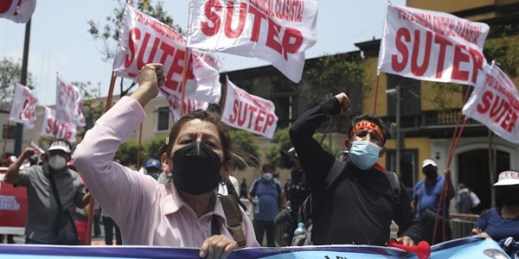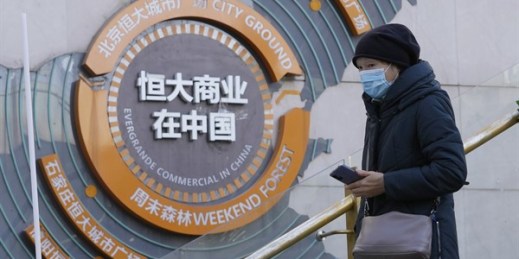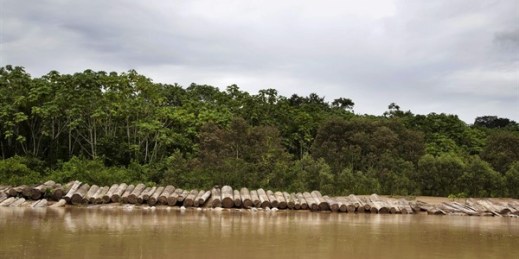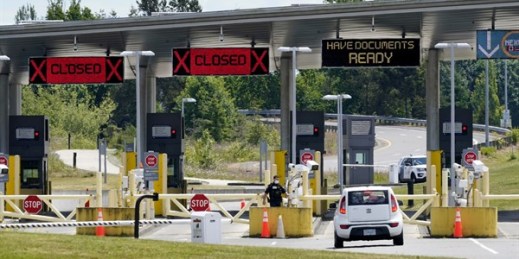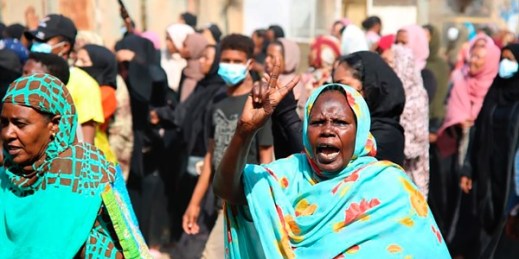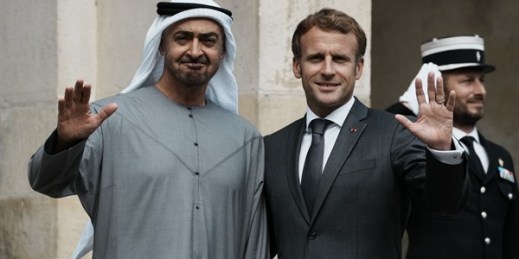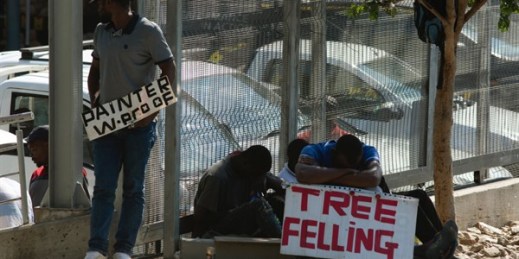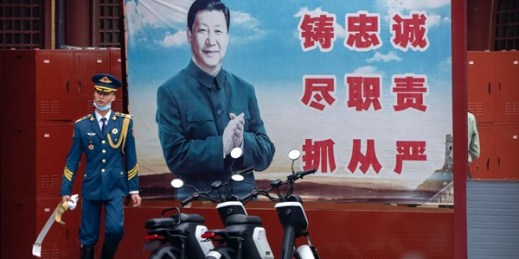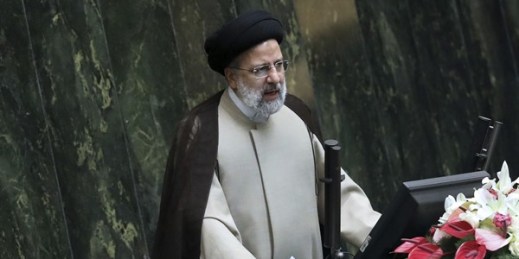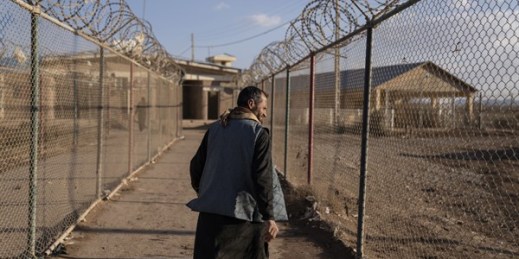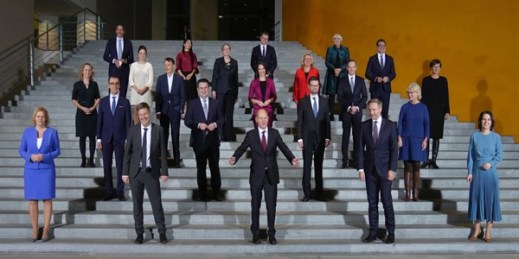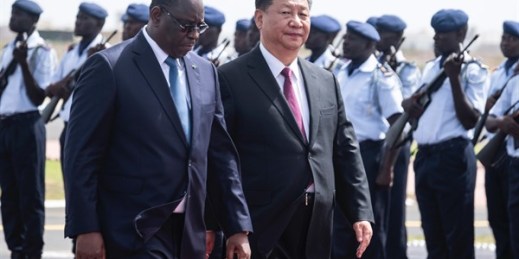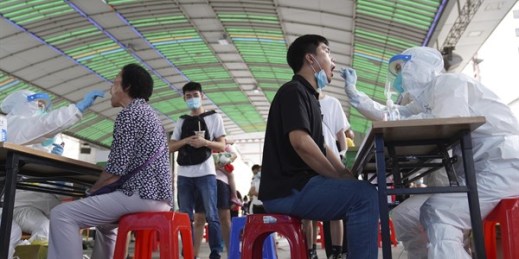
Last weekend, the number of new symptomatic COVID-19 cases in China hit a peak not seen since the early days of the coronavirus pandemic. The spike was seen as significant enough to warrant locking down Xi’an, a city of more than 13 million people. Here, as a writer, I feel a little ill-equipped to flesh out this news without some kind of dramatic accompaniment, so please imagine a drumroll. The reported new high for daily symptomatic cases in this country of 1.4 billion people was all of 164. Surface appearances make it difficult to assess news like this. Across broad […]

